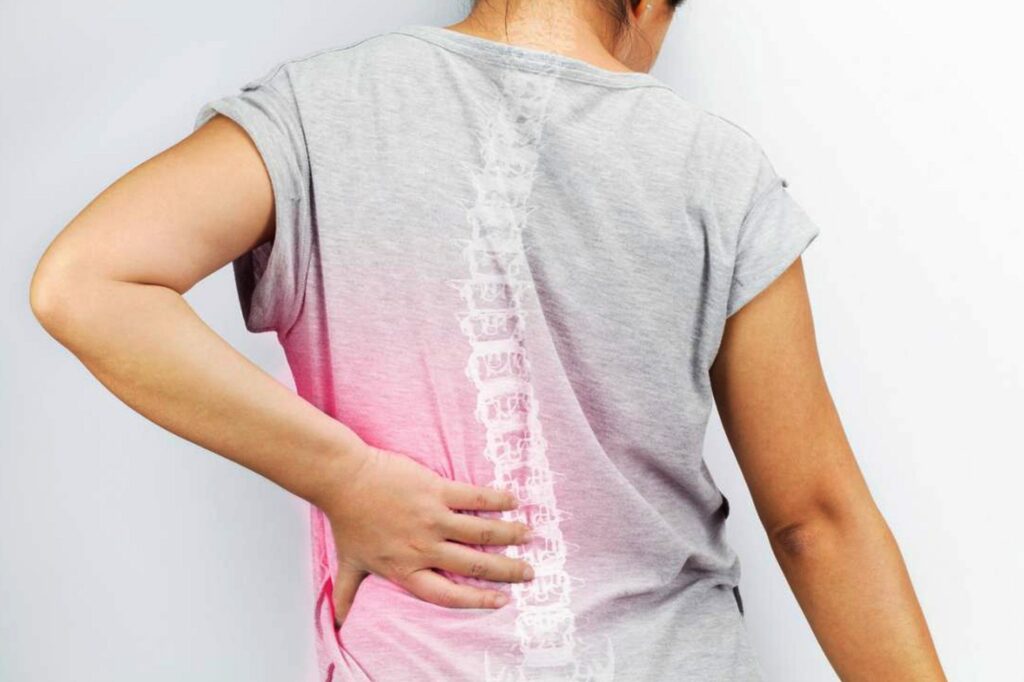Introduction:
Osteoporosis is a common skeletal disorder characterized by low bone mass and deterioration of bone tissue, leading to an increased risk of fractures. While a healthy diet and lifestyle are crucial for maintaining strong bones, certain supplements can provide additional support in managing or preventing osteoporosis. In this comprehensive guide, we will explore 11 supplements that have shown potential in promoting bone health. It is important to note that before starting any new supplement regimen, it is advisable to consult with a healthcare professional.
Calcium:
Calcium is an essential mineral for bone health. It plays a crucial role in bone formation and maintenance. Adequate calcium intake throughout life is important to prevent osteoporosis. Dairy products, leafy greens, and fortified foods are good dietary sources of calcium. In some cases, calcium supplements may be necessary to meet the recommended daily intake.
Vitamin D:
Vitamin D is necessary for the absorption and utilization of calcium in the body. It helps regulate calcium and phosphate levels, promoting healthy bone mineralization. Sun exposure, fortified foods, and fatty fish are natural sources of vitamin D. However, many individuals may require supplementation, especially in regions with limited sunlight exposure.
Magnesium:
Magnesium is involved in bone formation and influences bone mineral density. It works synergistically with calcium and vitamin D to promote optimal bone health. Good dietary sources of magnesium include nuts, seeds, legumes, and whole grains. If magnesium intake is insufficient through diet alone, supplementation can be considered.
Vitamin K:
Vitamin K plays a crucial role in bone metabolism and is necessary for the activation of proteins involved in bone mineralization. Leafy green vegetables, broccoli, and fermented foods are excellent dietary sources of vitamin K. Supplementation may be beneficial, particularly for individuals with low vitamin K intake.
Omega-3 Fatty Acids:
Omega-3 fatty acids, such as eicosapentaenoic acid (EPA) and docosahexaenoic acid (DHA), have anti-inflammatory properties and may help reduce bone loss. They can be found in fatty fish, flaxseeds, and walnuts. Omega-3 fatty acid supplements, such as fish oil capsules, can be considered for those who do not consume sufficient dietary sources.
Boron:
Boron is a trace mineral that influences the metabolism of several minerals, including calcium, magnesium, and vitamin D. It plays a role in maintaining bone health and may help reduce the risk of osteoporosis. Good dietary sources of boron include fruits, vegetables, legumes, and nuts. Boron supplementation should be approached with caution, and the guidance of a healthcare professional is recommended.
Strontium:
Strontium is a mineral that has been studied for its potential to increase bone density and reduce fracture risk. It may help improve bone health in individuals with osteoporosis. However, strontium supplements should only be used under medical supervision due to potential interactions and side effects.
Collagen:
Collagen is the main protein in bones, providing structural support and strength. Supplementation with collagen peptides may help stimulate bone formation and improve bone density. Collagen supplements are available in powder or capsule form and can be beneficial for individuals with low collagen levels.
Vitamin C:
Vitamin C is essential for the synthesis of collagen and plays a role in bone formation. It also acts as an antioxidant, protecting bone cells from oxidative damage. Citrus fruits, berries, and vegetables are excellent dietary sources of vitamin C. If dietary intake is inadequate, vitamin C supplements can be considered.
Zinc:
Zinc is a trace mineral involved in bone mineralization and the production of collagen. It is essential for maintaining bone health and may help reduce the risk of osteoporosis. Good dietary sources of zinc include lean meats, seafood, legumes, and seeds. Zinc supplementation should be used cautiously and in appropriate doses.
Silicon:
Silicon is a mineral that is believed to contribute to bone health by promoting the deposition of calcium and collagen. It can be found in whole grains, fruits, and vegetables. Silicon supplements are available, but more research is needed to establish their effectiveness in preventing or managing osteoporosis.
Conclusion:
While these 11 supplements show promise in managing or preventing osteoporosis, it is important to remember that they should not replace a balanced diet and healthy lifestyle. Supplementation should be approached with caution, and it is advisable to consult with a healthcare professional before starting any new regimen. Additionally, individual needs and underlying medical conditions should be taken into consideration. By combining these supplements with a nutritious diet, regular exercise, and appropriate medical care, individuals can optimize their bone health and reduce the risk of osteoporosis.
